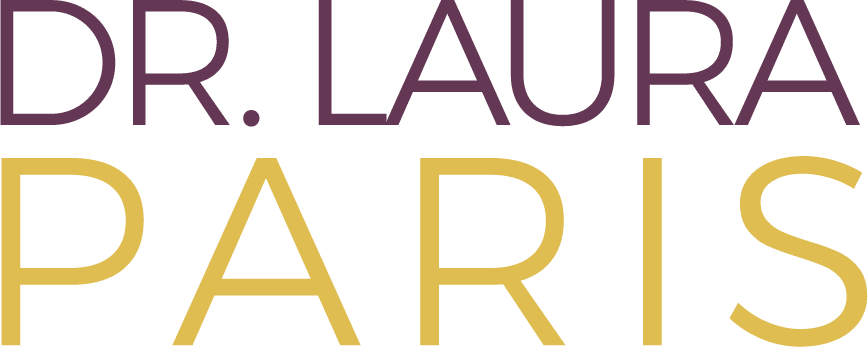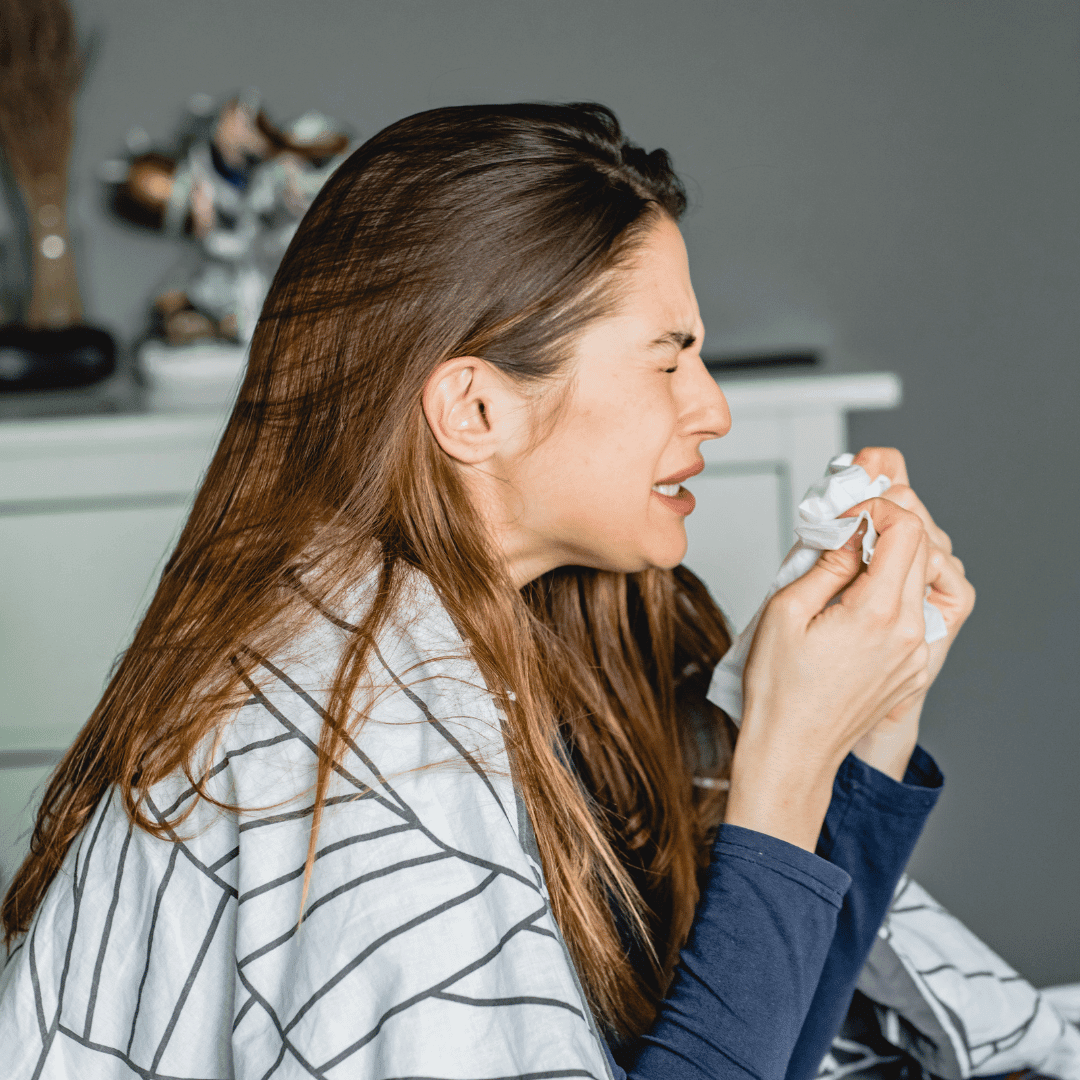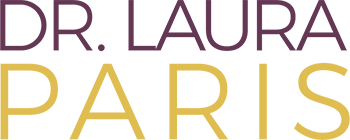Postpartum and the Risk for Autoimmune Disease

Autoimmune diseases are on the rise, and women are particularly at risk. In fact, 78% of autoimmune diagnoses are made in women, with many occurring during their reproductive years. This heightened vulnerability often strikes during pregnancy and the postpartum period, where fluctuating hormone levels can trigger new autoimmune diseases or flare-ups of existing ones.
But if you’re pregnant or planning to be, don’t worry — there are actionable steps you can take to protect yourself from autoimmune flares and maintain optimal health during and after pregnancy.
As a certified autoimmune specialist for women, I’ll explain what happens to your immune system and hormones during pregnancy and postpartum. Plus, I’ll provide specific strategies to help safeguard your immune health and prevent postpartum autoimmune symptoms.
Let’s dive in!
How Pregnancy Affects the Immune System and Hormones
During pregnancy, your body works hard to create a nurturing environment for your baby. Your immune system becomes more tolerant to ensure it doesn’t mistakenly attack your fetus. This process is supported by T-regulatory cells (the “peacemakers” of your immune system) that maintain balance and prevent overactive immune responses.
Elevated estrogen and progesterone levels during pregnancy further enhance this immune tolerance. These hormones are anti-inflammatory, helping to suppress autoimmune activity and reduce flare-ups. For many women, this means autoimmune diseases often go into remission during pregnancy.
However, this remission is temporary, and postpartum marks a critical time for immune health. During pregnancy, your body works hard to create a safe and nurturing environment for your growing baby. Your immune system plays a crucial role in protecting both you and your little one from harmful pathogens and invaders.
Why the Postpartum Period Poses a Risk for Autoimmune Flares
After delivery, the immune system undergoes a drastic shift. To prepare for labor, it transitions from a tolerant state to a more pro-inflammatory state. This shift, coupled with rapidly declining hormone levels (particularly estrogen and progesterone), can lead to heightened inflammation and trigger autoimmune flare-ups.
On top of this, prolactin, a hormone that rises to support lactation, can increase inflammation, adding to the risk of postpartum autoimmune activity. Women who are already prone to inflammation due to autoimmune diseases may face even greater challenges during this time.
So, how can you protect yourself from these postpartum risks?
Postpartum Self-Care: Key to Managing Autoimmune Health
It’s easy for new moms to become consumed by caring for their newborns, but it’s crucial to prioritize your own health — especially if you’re managing an autoimmune condition. The first few months after giving birth (the “fourth trimester”) are a critical time for healing and recovery. Prioritizing self-care can reduce stress, promote healing, and help prevent postpartum autoimmune flares.
Essential Postpartum Self-Care Tips
- Get Enough Rest: Sleep when your baby sleeps, and take naps when possible.
- Eat Nutritious Meals: Focus on anti-inflammatory foods rich in healthy fats, lean proteins, and plenty of vegetables.
- Gentle Exercise: Start with light movement or walks to boost circulation and reduce inflammation.
- Ask for Help: Don’t hesitate to lean on family or friends for support so you can take time for yourself.
- Avoid Cold and Wind: Protect your body from external stressors that could compromise your immune system.
- Limit Exposure to Large Crowds: Minimize your risk of infections during this vulnerable period.
- Say “No” to Overwhelm: Protect your energy and focus on healing by setting boundaries.
Instead of pressuring yourself to “bounce back,” focus on nurturing your body and supporting its recovery. Address any postpartum issues that arise, like pelvic floor healing, breastfeeding challenges, or even postpartum depression. Taking care of these areas will help prevent autoimmune flare-ups and ensure you’re ready to embrace motherhood with vitality.
Need Extra Support?
If you’re facing challenges with autoimmune conditions postpartum, don’t worry — help is available. My Road to Remission program is designed to guide women through their autoimmune journey, helping them reverse symptoms and regain control of their health naturally.
Join this 4-month holistic program if you’re seeking clarity, support, and proven strategies to put your autoimmune disease into remission. You don’t have to navigate this path alone. Let’s take the first step toward healing together!

Dr. Laura Paris is a women’s health specialist who provides Acupuncture and Functional Medicine care at her two clinics in Capitola and Monterey, California. She also works with women remotely in the United States through telehealth appointments. Learn more about Laura here, and message her directly here.







